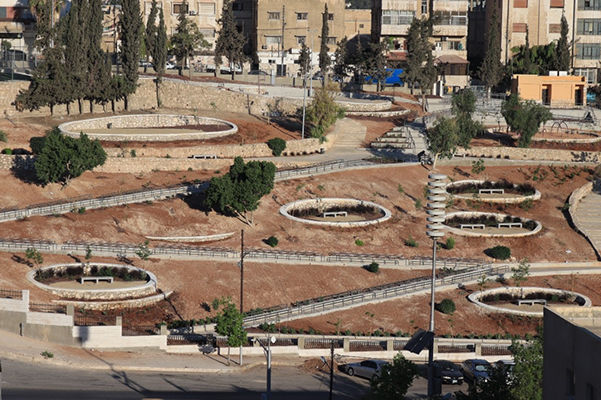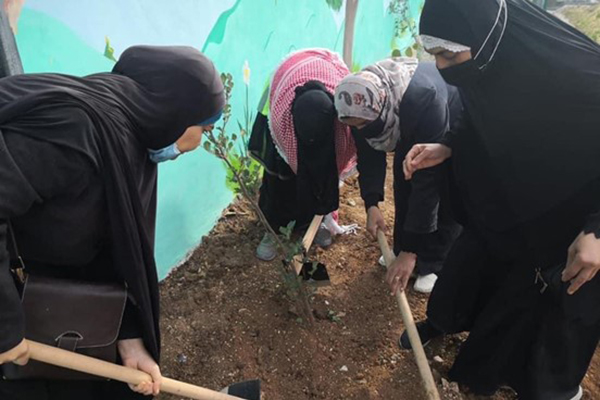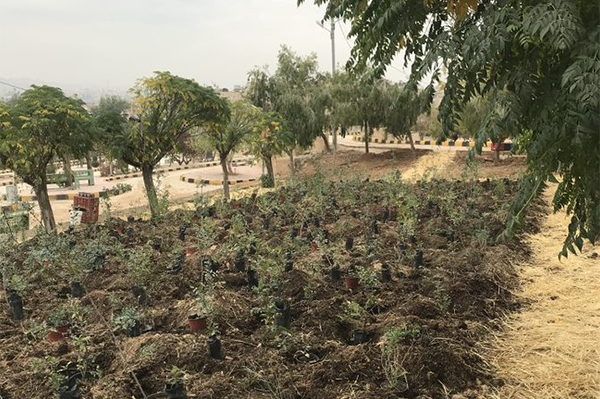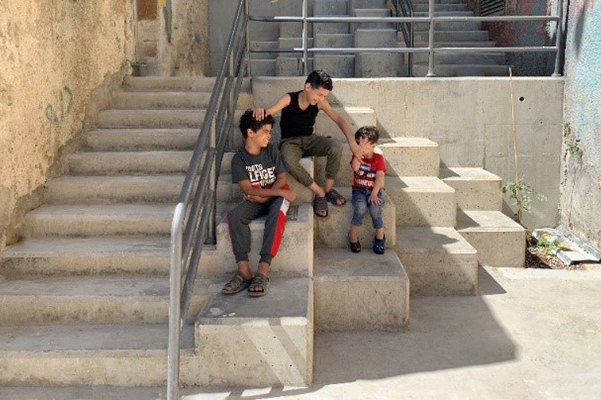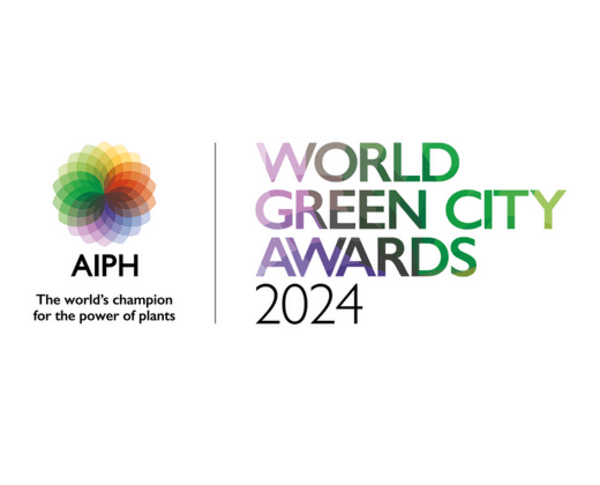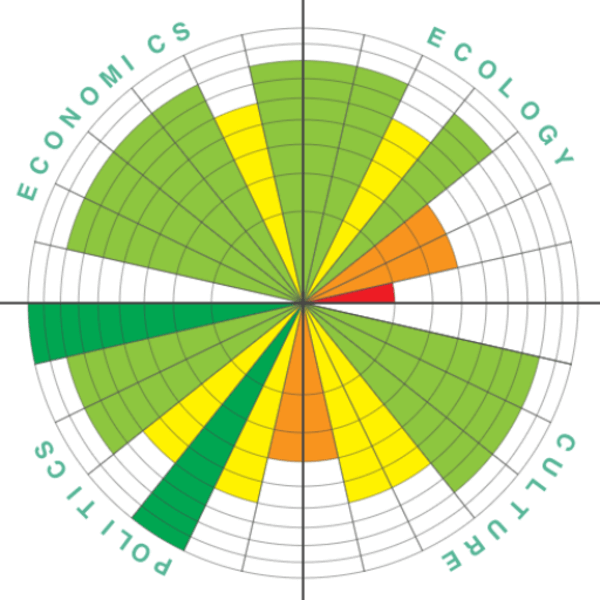City
Amman
Main actors
Local Government
Project area
Whole City/Administrative Region
Duration
2017 - 2021
Improving Living Conditions in Poverty Stricken Areas in Amman (ILCA) is an urban regeneration pilot project for the improvement of existing, and introduction of additional green infrastructure (GI) elements in selected sites in East Amman. The project aims to create ownership and enhance the quality of life for residents through community participation in the research, design, and management processes of the newly created or revived green infrastructure networks. The project also seeks to improve connection to public transport and increase accessibility to public spaces for all, with specific attention to the needs of women and girls.
Furthermore, the project seeks to mainstream an integrated and participatory approach to the development of Public Open Space (POS) within relevant partner institutions through strategic capacity development measures. It also aims to raise awareness on the potential of GI to mitigate/adapt to climate change, and support knowledge creation that contributes to showcasing and demonstrating the role of GI in Jordan’s implementation of their commitments towards global and national agendas such as the SDGs and NDCs.
Originally published by AIPH World Green City Awards
This project was submitted in the Living Green for Climate Change and Living Green for Social Cohesion categories of the “AIPH World Green City Awards 2022”.
On Map
The Map will be displayed after accepting cookie policy
